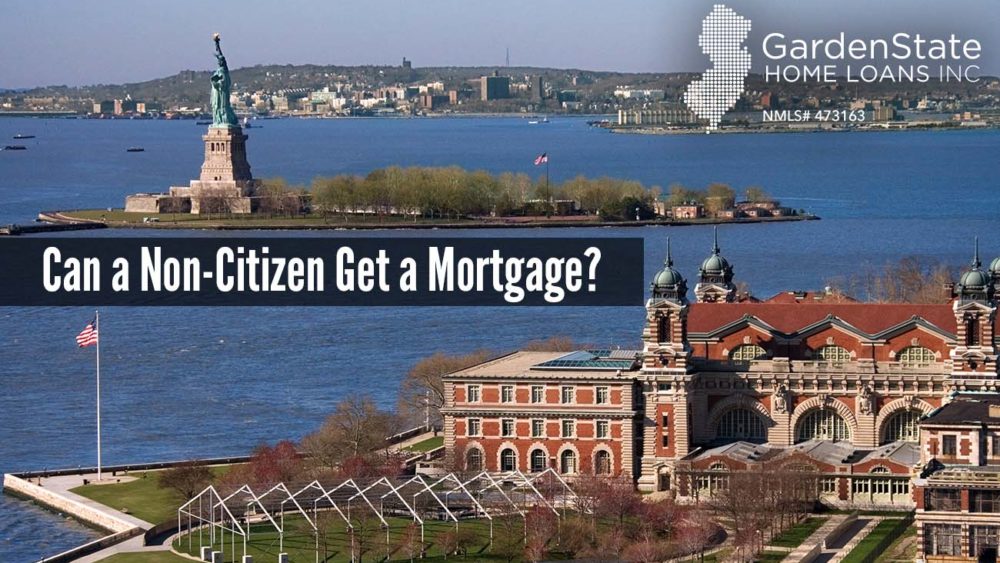
Of the approximately 310 million people living in the United States, greater than 22 million — a full 7% — are non-citizens. Owning a home is essential to the American Dream, but many non-citizens think that their citizenship status prevents them from receiving a mortgage. In fact, many lenders are willing to offer mortgages to non-citizens.
How Can Non-Citizens Qualify for a Mortgage?
If you’re a non-citizen looking to receive financing on a home, your eligibility largely depends on your current residency status. Nearly all non-citizen borrowers fall into one of three categories:
1. Green Card Holders
2. Non-Permanent Residents With a Valid Work Visa
3. Foreign Nationals Whose Primary Residence Lies Outside the United States
If you fall under categories 1 or 2, you’ll have a fairly easy time getting a mortgage. This is because Fannie Mae and Freddie Mac — who own around 46% of mortgages on the secondary market — have similar requirements for permanent residents and work visa holders seeking finances that they do for U.S. citizens. As long as you provide the necessary documentation — a credit report (some lenders may be willing to accept international credit reports), a passport, W-2s, tax returns, etc. — you should have no problem qualifying for and receiving the same loan terms as citizens. Interest rates should be exactly the same, and there should be no additional costs as a result of your non-citizen status.
If you happen to be a foreign national, however, the process will be a bit trickier. Fannie Mae and Freddie Mac will not have a stake in your mortgage, meaning that the lender will have to record your loan on its own books. Oftentimes, due to the risk associated lending to foreign nationals, the lender will require a higher down payment on your mortgage.
FHA Loans: Another Option
If you do not have the necessary documentation or you don’t want to pay a higher down payment, you may want to consider applying for an FHA loan. An FHA loan only requires a 3.5% down payment, and non-citizens can qualify for the same loan terms as citizens. Note, however, than an FHA loan requires that the property you purchase becomes your primary residence. In other words, the FHA will not issue you a home loan if you plan on using this property only occasionally.


Comments are closed.